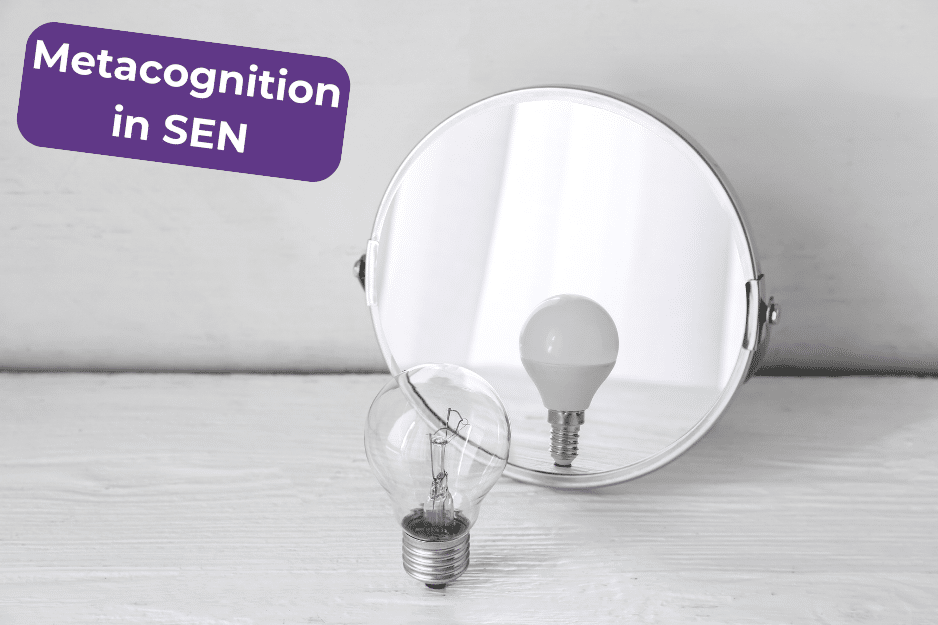Introduction:
The field of Special Educational Needs (SEN) is a testament to the adaptability and innovation inherent in education. Among the array of strategies that promise to bolster learning, metacognition stands out, particularly its reflective practices. This approach empowers SEN students to introspect and critically assess their learning strategies, cultivating a path toward educational independence and deeper understanding.
Understanding Metacognition:
Metacognition is the practice of thinking about one’s own thinking. For SEN learners, this means actively engaging with their cognitive processes to identify effective learning strategies. This level of self-awareness is a game-changer, enabling learners to tailor their educational experience to their individual needs and challenges.
Strategies for Fostering Metacognition:
Incorporating self-questioning techniques within the curriculum can profoundly influence SEN students’ active engagement with learning materials. By prompting students to reflect on their learning experiences, educators can foster a tailored and autonomous learning environment that resonates with each student’s unique needs.
Pull-out Quote:
“Metacognitive practices empower SEN students to become architects of their own learning, building a foundation for lifelong success.”
Metacognitive Skills in Practice:
When SEN students are guided to reflect and adapt, the impact on their learning is substantial. These metacognitive practices offer a way to personalise their education, leading to increased confidence and independence.
Involving Learners in Metacognitive Processes:
Building a classroom culture that values questions and perseverance encourages students to view their learning journey through a lens of growth and possibility. This shift in mindset can inspire a deeper commitment to learning and personal development.
Summary:
Adopting metacognition and reflective practices is not just a teaching strategy—it’s a commitment to nurturing the full potential of SEN students. By championing these practices, educators lay the groundwork for a lifetime of curious, self-aware, and resilient learners.




